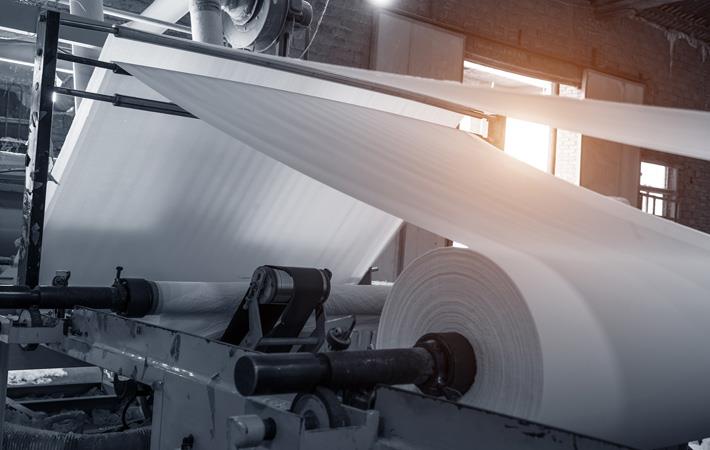There has been a significant increase in the volume of man-made cellulosic fibre, produced by those with 'green shirt’ rankings, according to the 2019 Hot Button Ranking issued by Canopy. ‘Green shirt’ producers account for 42.5 per cent of global viscose production. The report will help brands identify producers who best meet their CanopyStyle commitments.
More than 200 brands and retailers are committed to eliminate ancient and endangered forests from their viscose and rayon fabrics by the end of 2020. More and more producers are taking action to remove risk of sourcing from ancient and endangered forests and introduce innovative feed-stocks such as recycled clothing.There has been a significant increase in the volume of man-made cellulosic fibre, produced by those with 'green shirt' rankings, according to the 2019 Hot Button Ranking issued by Canopy. 'Green shirt' producers account for 42.5 per cent of global viscose production. The report will help brands identify producers who best meet their CanopyStyle commitments.#
“H&M is proud to be part of the CanopyStyle initiative through our commitment to end all sourcing from the world’s remaining ancient and endangered forests,” said Anna Gedda, H&M, head of Sustainability. “We look forward to only sourcing from suppliers that have successfully completed the CanopyStyle audit and attained a ‘green shirt’ in the Hot Button, so that we can help to secure a future for the many species and communities that depend on the world’s forests. H&M will continue to work with Canopy, other brands and entrepreneurs to rapidly advance next generation textiles like clothing made from recycled fabrics.”
Highlights of Producer Performance in 2019 include:
There has been an increase in green shirts from zero to 42.5 per cent in six years. Birla Cellulose, ENKA, Kelheim, Lenzing, Tangshan Sanyou and Xinxiang Chemical Fiber (Bailu) have all earned green shirt designation – with Birla Cellulose and Lenzing obtaining the first-ever partial dark green shirts, the report says.
Three producers are now selling viscose made from recycled textiles and 11 producers have made investments for the advancement of Next Gen solutions. Seven per cent of the industry’s production capacity earned ‘yellow/green shirt’ with Yibin Grace, Formosa and Eastman putting policies into action and showing significant continuous progress.
Five producers developed new policies in 2019. This now means that a total of 17 viscose producers that represent 84 per cent of global viscose production have formal CanopyStyle policies in place. Twelve producers, which represent 70 per cent of global production capacity, are now formally and actively engaged in the CanopyStyle Audit process.
Eleven producers have taken action to support the conservation of critical forest landscapes, such as Indonesia’s Leuser Ecosystem, Canada’s Boreal Broadback Forest and Vancouver Island Rainforests, including Aditya Birla who has seeded initial investments in support of science-based conservation planning.
Five producers have ‘red shirts’, which indicates they do not meet minimum requirement for compliance, the report highlights.
“With urgent calls for action by climate and wildlife scientists, bold systematic change of global supply chains is needed. The 2019 Hot Button shows that the viscose supply chain is changing in real time as CanopyStyle nears a critical mass of producer engagement and exciting advances in Next Generation Solutions,’’ says Nicole Rycroft, Canopy founder and executive director. “As the 2020 countdown begins in earnest, we know that CanopyStyle partners will play an increasingly active role in advancing large-scale forest conservation and bringing new fabrics to market made entirely from low impact, Next Gen raw materials.”
Fibre2Fashion News Desk (SV)
